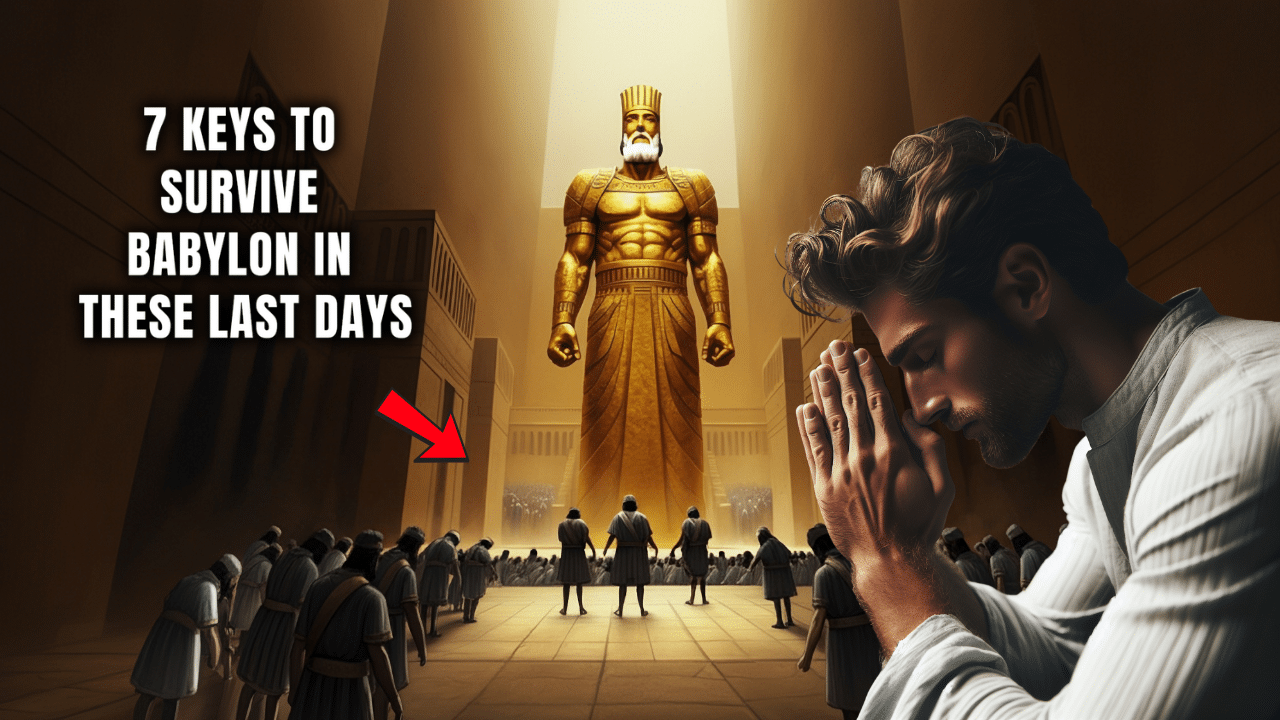In recent years, Oklahoma has emerged as a critical battleground in the ongoing debate over the separation of church and state in the United States.
At the heart of this conflict is a push by conservative religious activists to integrate faith-based education into public schools, raising questions about the future of the First Amendment.
The controversy gained significant traction in June 2023 when Oklahoma’s state school board voted to approve what would have been the nation’s first publicly funded religious charter school.
According to AP News, this decision came despite a warning from the state’s attorney general at the time, who argued that such a move violated the U.S. Constitution.
The proposed school, backed by religious advocates, aimed to operate with public funds while maintaining a distinctly Christian curriculum.
Critics, including civil liberties groups, decried the decision as a direct assault on the First Amendment principle of church-state separation.
However, the Oklahoma Supreme Court intervened in June 2024, ruling that the publicly funded religious charter school was unconstitutional.
AP News reported that the court’s decision reaffirmed the state’s obligation to adhere to secular standards in public education, a victory for those who argue that taxpayer money should not support religious instruction.
Yet, this ruling has not quelled the broader movement. Conservative activists and some state officials continue to challenge what they see as an overly rigid interpretation of the First Amendment, asserting that religious freedom includes the right to incorporate faith into publicly supported institutions.
NBC News has framed the Oklahoma dispute as a potential turning point for the First Amendment, noting that the U.S. Supreme Court—now dominated by a conservative majority—may ultimately weigh in.
The outlet reported on March 29, 2025, that the push to dismantle longstanding precedents on church-state separation has gained momentum, fueled by recent Supreme Court decisions that have expanded religious rights in public spaces.
For example, cases like Carson v. Makin (2022) and Kennedy v. Bremerton School District (2022) have signaled the court’s willingness to blur the lines between religion and government, emboldening advocates in Oklahoma and beyond.
Adding fuel to the fire, Oklahoma State Superintendent Ryan Walters made headlines in June 2024 when he mandated that the Bible be taught in public schools as a “necessary historical document” for certain grades.
The Washington Post covered this development, noting that Walters’ directive is part of a broader effort in states like Oklahoma and Louisiana to reverse decades of precedent on church-state separation.
Critics argue that such mandates cross a constitutional line, while supporters contend that excluding religious texts from education infringes on cultural heritage and parental rights.
The stakes in Oklahoma extend far beyond its borders. As NBC News emphasized, the outcome of this battle could influence how the First Amendment is interpreted nationwide, particularly as the Supreme Court appears poised to take up related cases.
Posts on X reflect a polarized public sentiment, with some users warning of a return to theocratic governance, while others cheer the effort to restore what they see as America’s religious roots.
Though social media offers a glimpse into current opinions, the legal and historical implications remain far from settled.
For now, Oklahoma stands at a crossroads. The state’s experiments with religious education have sparked a fierce debate about the balance between religious liberty and secular governance—a debate that may soon reach the nation’s highest court.
As reported across multiple sources, the resolution of this conflict could redefine the First Amendment for generations to come, making Oklahoma a pivotal player in one of America’s most enduring constitutional struggles.










